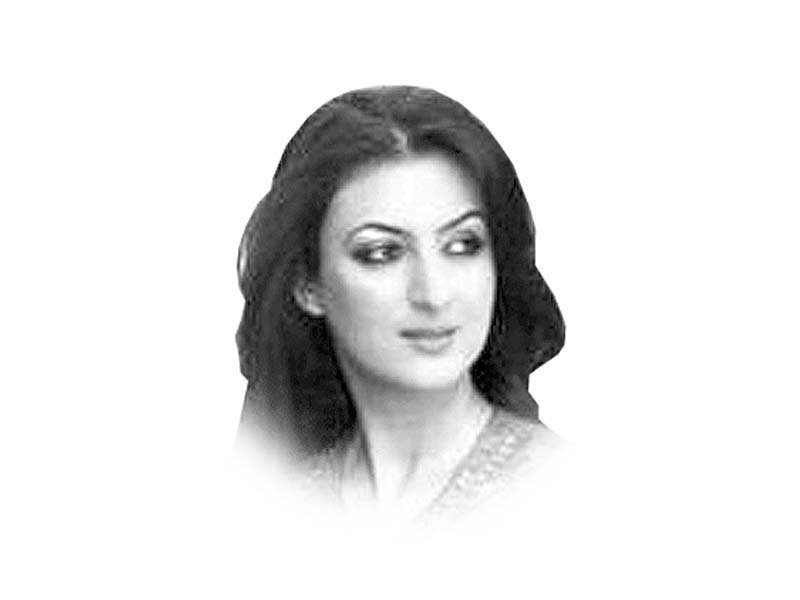
Wasil was subsequently shot in the head by the Taliban when he left his home to buy vegetables. His murder brings to attention the continuing nefarious practice of states sourcing civilians, including children, as proxy soldiers. It is clear that the US and its allies have learnt little from past mistakes in the region. Across the border, Pakistan appears to be treading down the same path, encouraging the arming of civilians, training them in the use of lethal weapons and making them its foot soldiers. After the attacks on APS and BKU, the government has encouraged the training of teachers and students in the use of firearms and facilitated the provision of gun licences. It appears that the government’s ingenious strategy for fighting terrorist attacks on schools is to turn the very teachers and students it should be protecting into its frontline foot soldiers.
The manner in which the state eulogises children murdered by terrorists, be it Aitzaz Hasan or the APS and BKU students, and then encourages the handling of ammunition by civilians, what dangerous message is it conveying to society? Mohammad Ali Jinnah, addressing the Constituent Assembly in 1947, said, “You will no doubt agree with me that the first duty of the government is to maintain law and order so that the life, property and religious beliefs of its subjects are fully protected by the state.”
How, I ask, can the state abdicate its primary responsibility and still assume legitimacy? Syed Hamid Hussain may have bravely confronted the militants to protect his students at BKU, but the role he performed was not his to play. This was the duty of the state, our security forces and law-enforcement agencies, which are under oath to protect us. We condemn children being used as soldiers and suicide bombers by the Taliban, yet we now appear to be thrusting guns into the hands of our own teachers and students and justify this as a necessary ‘security measure’. At a time when the US is witnessing raging debates over stricter gun control laws, our government is easing accessibility to guns and ammunition. Instead of de-weaponising society, it is being infused with more of what ails us.
If there is one lesson we ought to have learnt from our previous misadventures in the realm of proxy wars is that guns are best suited in the hands of soldiers. Those soldiers who are bound by a code and oath to serve and protect their country and its people and are answerable for their actions; and not in the hands of civilians who may appear a convenient and pliant ‘resource’ but, over time, morph into an elusive yet formidable force that cannot be held accountable and soon enough take on an identity of their own, turning guns on our children.
Based on the testimonies extracted from alleged corroborators of the BKU attack, it is clear that what caused the terrorists to abandon their plans to attack other locations and choose BKU instead was the inaccessibility of those other target locations due to the increased presence of law-enforcement agencies and heightened security measures around them. Before policymakers move any further in encouraging the use of guns by civilians, they should be reminded of their aspiration to see books in the hands of our enemy’s children. How then, can they justify handing over guns to our teachers and students?
Published in The Express Tribune, February 14th, 2016.
Like Opinion & Editorial on Facebook, follow @ETOpEd on Twitter to receive all updates on all our daily pieces.













COMMENTS (8)
Comments are moderated and generally will be posted if they are on-topic and not abusive.
For more information, please see our Comments FAQ